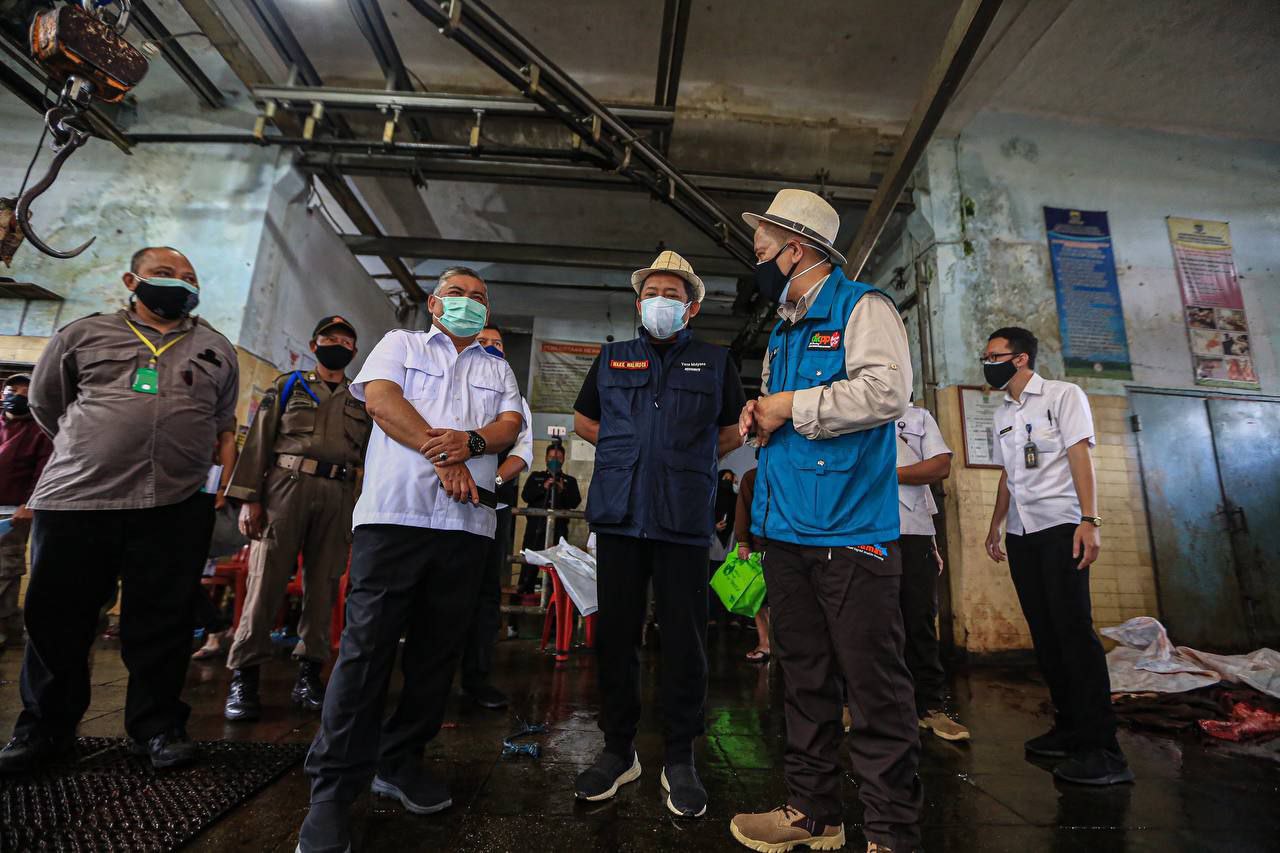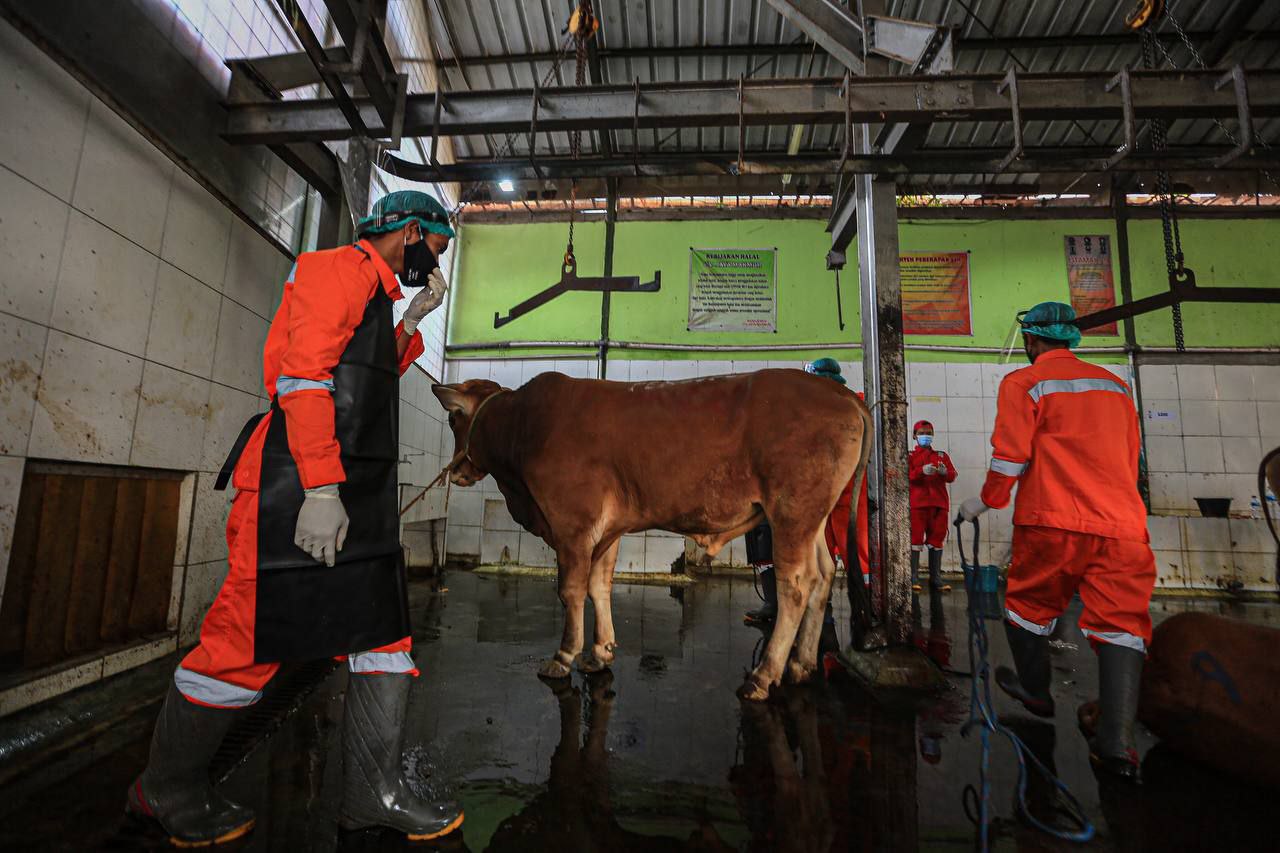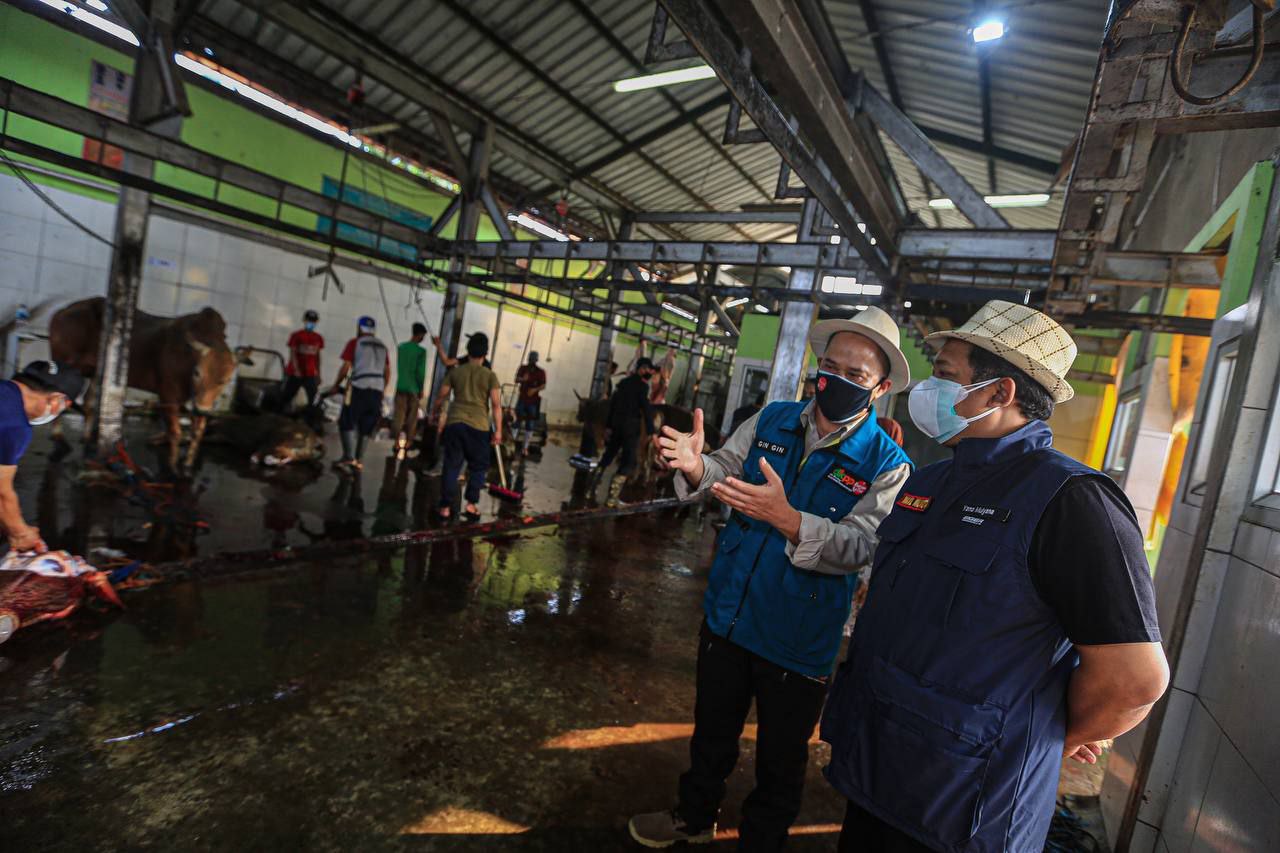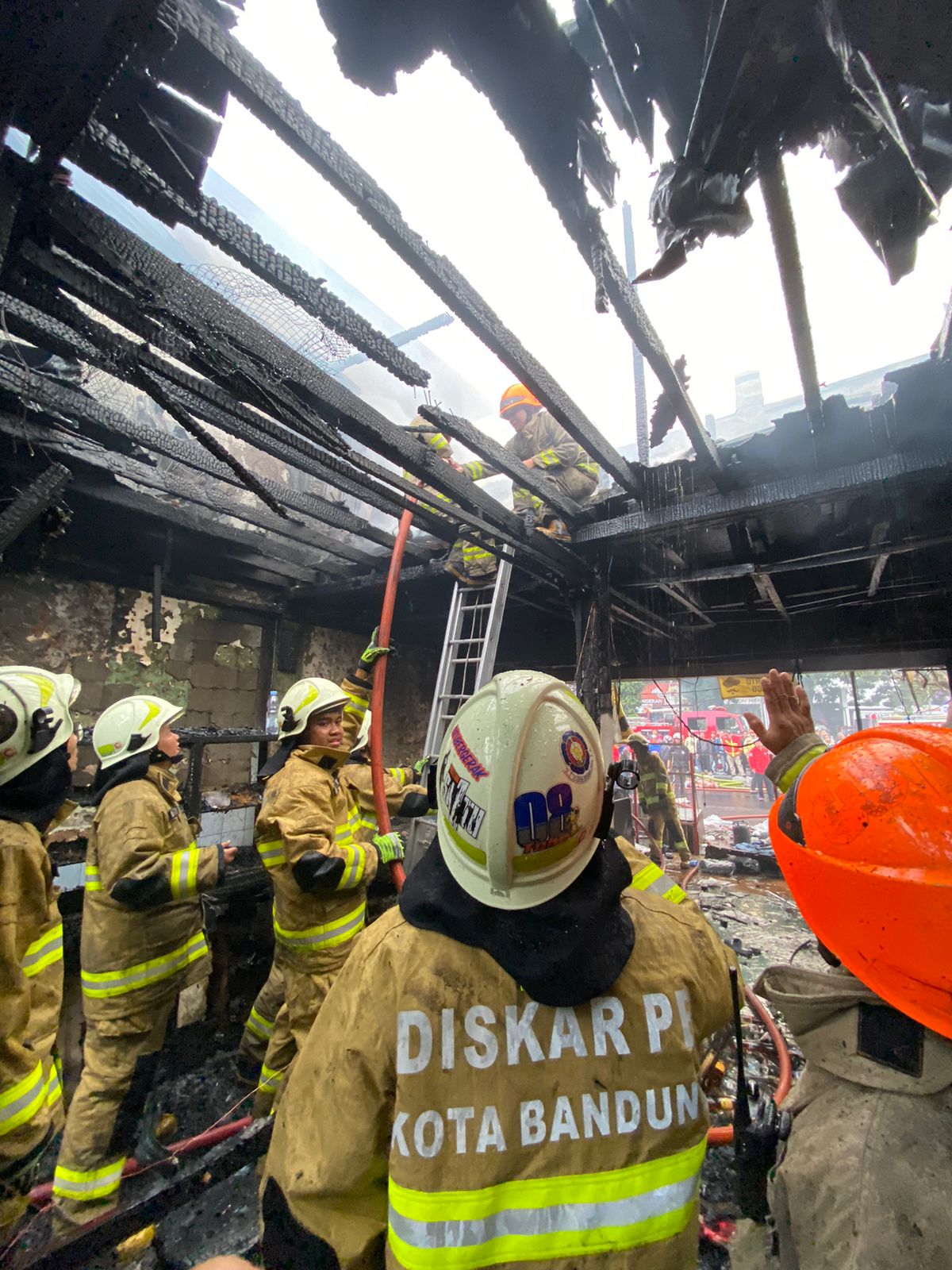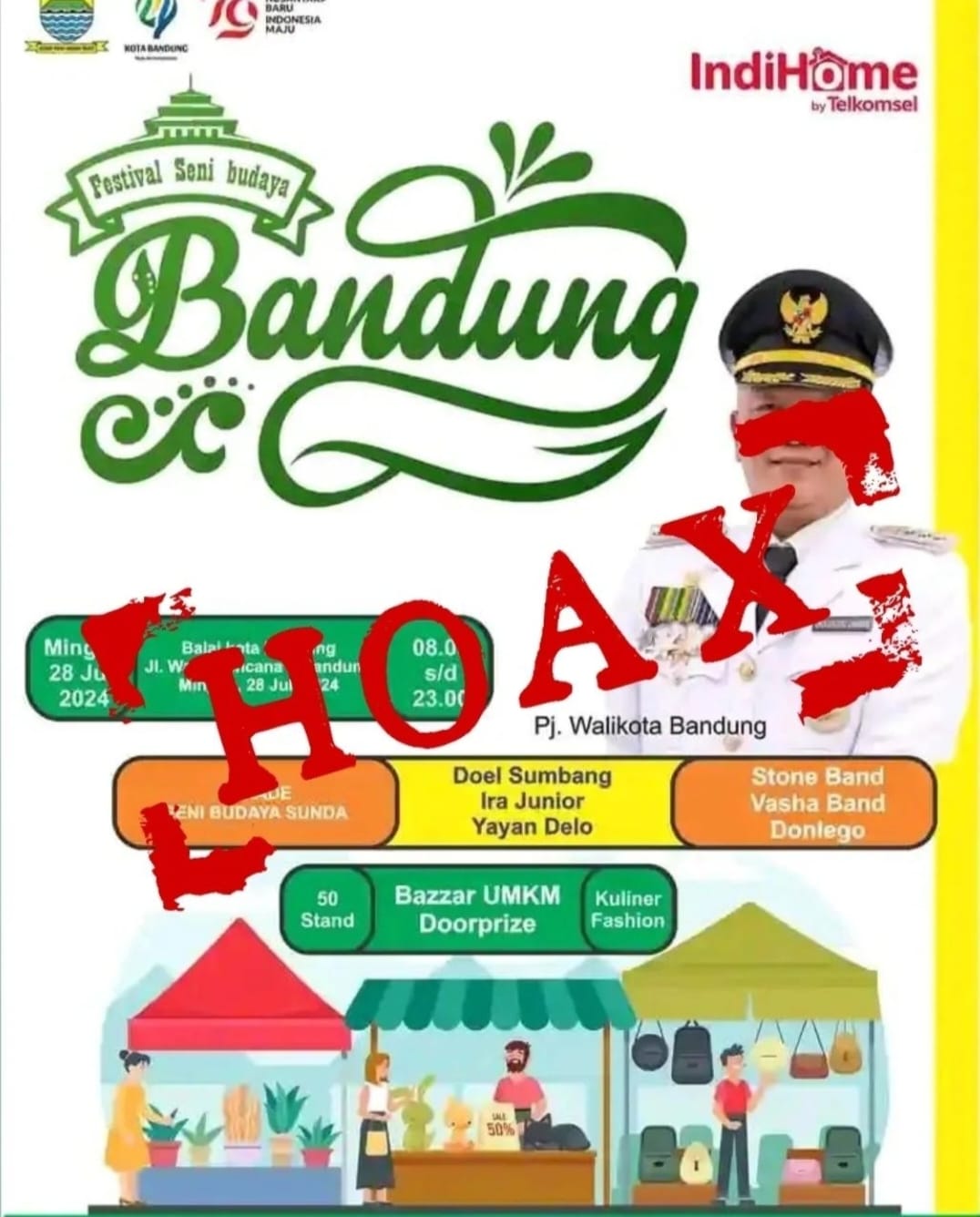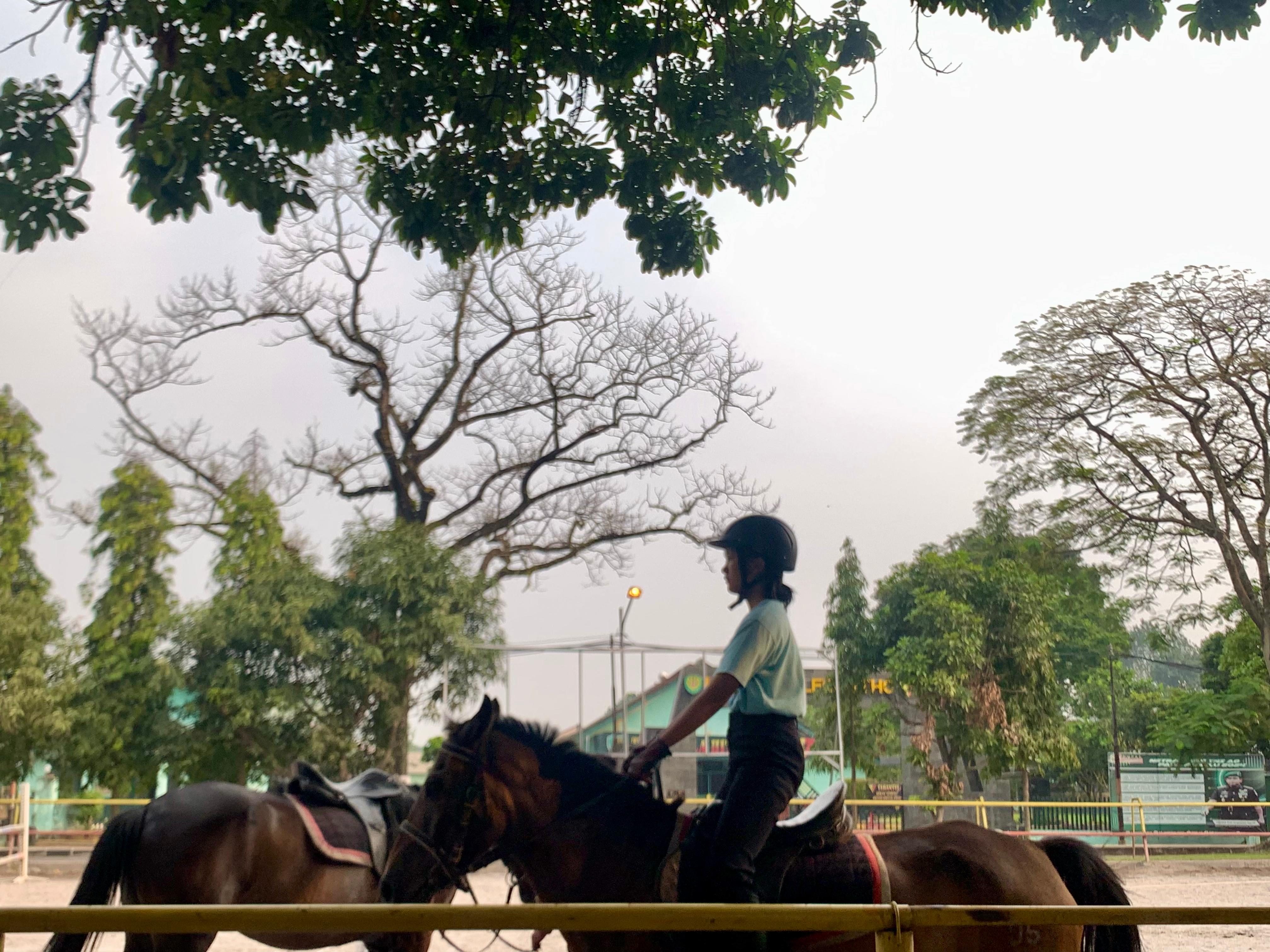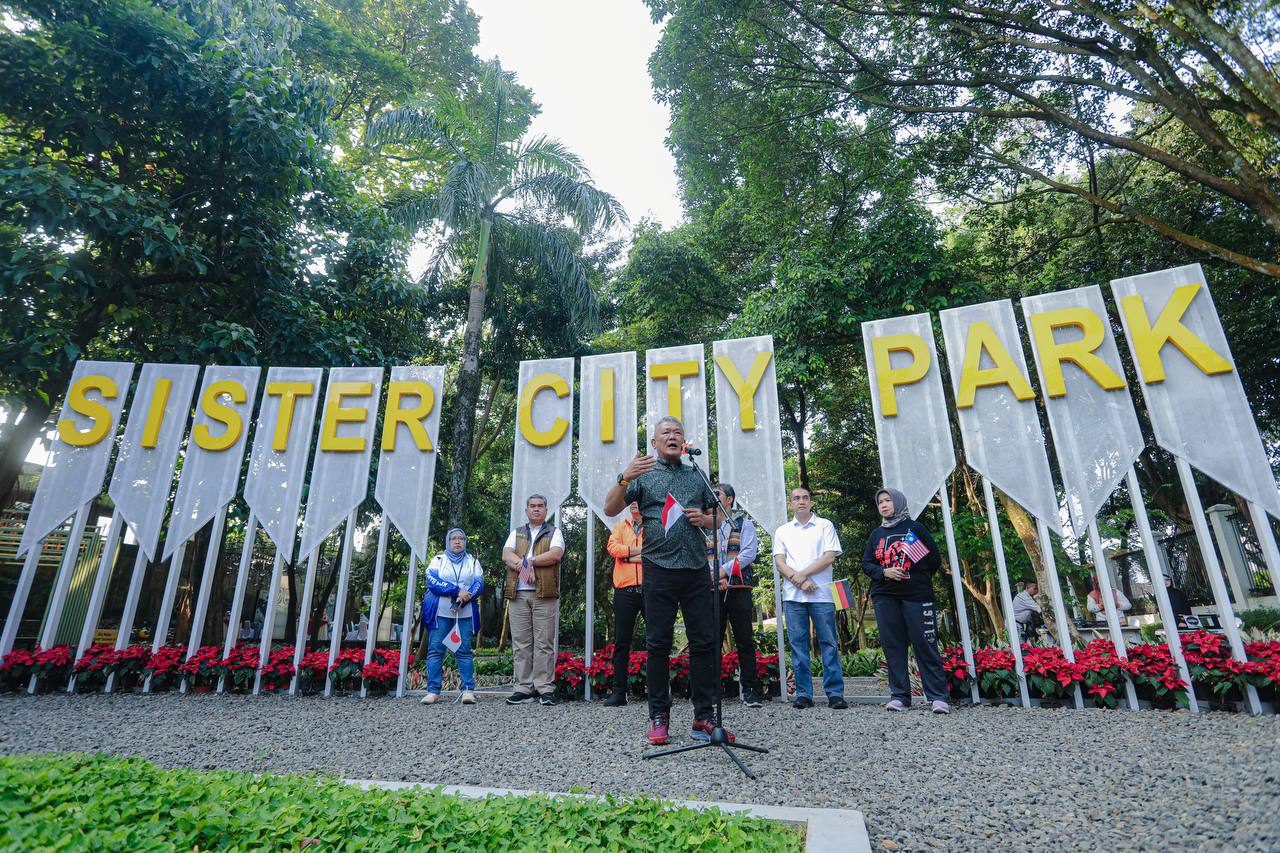Bandung City Government Starts Deployment of Sacrificial Animal Inspection Task Force
The Bandung City Government (Pemkot) City Government (Satgas) Inspection Team of Sacrificial Animals has started to work in the field. The team consists of 130 joint officers from the Bandung City Food and Agriculture Service (DKPP) and volunteers from the Indonesian Veterinary Association (PDHI) which have been deployed to 30 sub-districts in Bandung City.
The Bandung City Government (Pemkot) City Government (Satgas) Inspection Team of Sacrificial Animals has started to work in the field.
The team consists of 130 joint officers from the Bandung City Food and Agriculture Service (DKPP) and volunteers from the Indonesian Veterinary Association (PDHI) which have been deployed to 30 sub-districts in Bandung City.
Different from the previous year, the Sacrificial Animal Inspection Task Force was deployed earlier, in order to prevent the spread of Nail and Mouth Disease (PMK).
"Today, we have released a team for examining sacrificial animals, which are usually routine every year. At this time, we are sending a team for examining sacrificial animals early because there is an outbreak of PMK, we usually form on D-10 and they also take part in guarding for PMK," said the Head of the Food Service. and Agriculture in Bandung City, Gin Gin Ginanjar, Friday 17 June 2022.
Gin Gin revealed that the Sacrificial Animal Inspection Task Force Team will conduct inspections of those to be traded until the animals are slaughtered.
"After the inspection, the animal which is declared healthy will be given a name tag to mark the necklace as healthy," he said.
The necklace, he continued, will contain a barcode that can be scanned via the e-safe application. This application contains data on sacrificial animals that have been examined by the Sacrificial Animal Examination Team.
Gin Gin said that the inspection team officers would upload various information on the sacrificial animals to the e-Safety application based on the results of the examination.
From the barcode, prospective buyers can access information about the sacrificial animal.
For people who want to ensure the health and feasibility of these animals, they can use the e-Safe application.
If you already have the application, it can be used by simply scanning the 'barcode' code printed on the necklace on the sacrificial animal.
“So every citizen can find out information on animal data, including photos. So we can be sure the animal is really healthy," he said.
Gin Gin believes that with this application, the selection of sacrificial animals will be even stricter. Because, one 'barcode' code is only used for one animal that has been checked.
“Because so far there have been rumors that the necklaces that are attached can be transferred to unhealthy animals. This barcode is unique for only one animal identity," he said.
Gin Gin said that this year his party will examine more than 4,000 sacrificial animals.
"Last year's experience, we have nearly 4,000 animals that we examine, not far from that, an increase of about 10 percent," he said. (rob)**
Head of the Communication and Information Office of Bandung City
Yayan A. Brilyana




